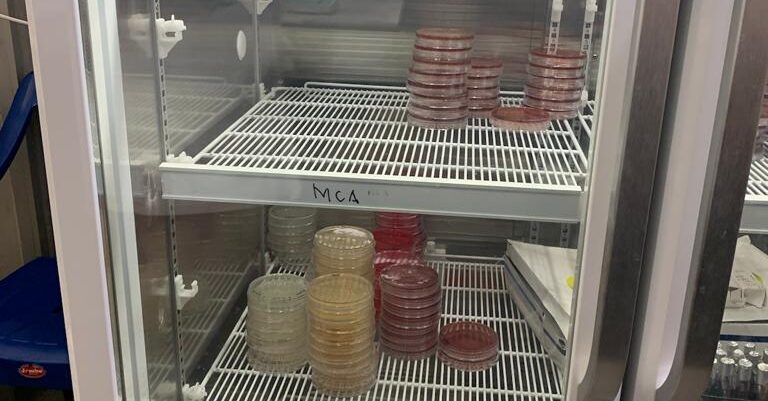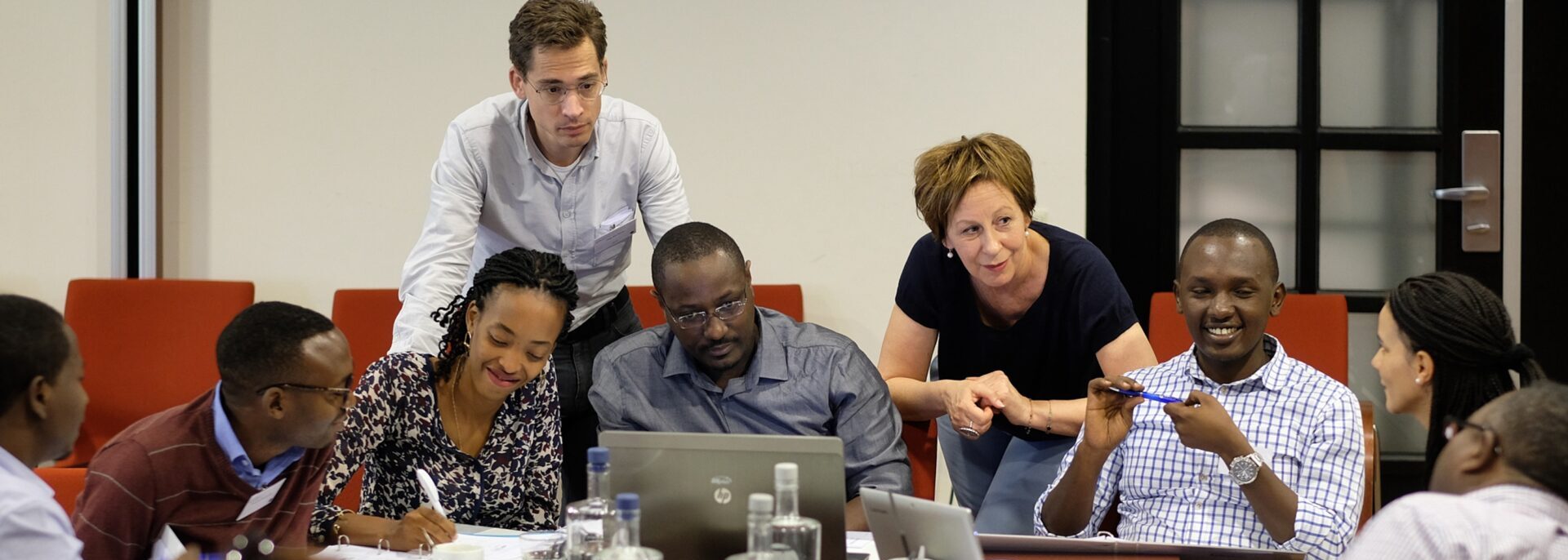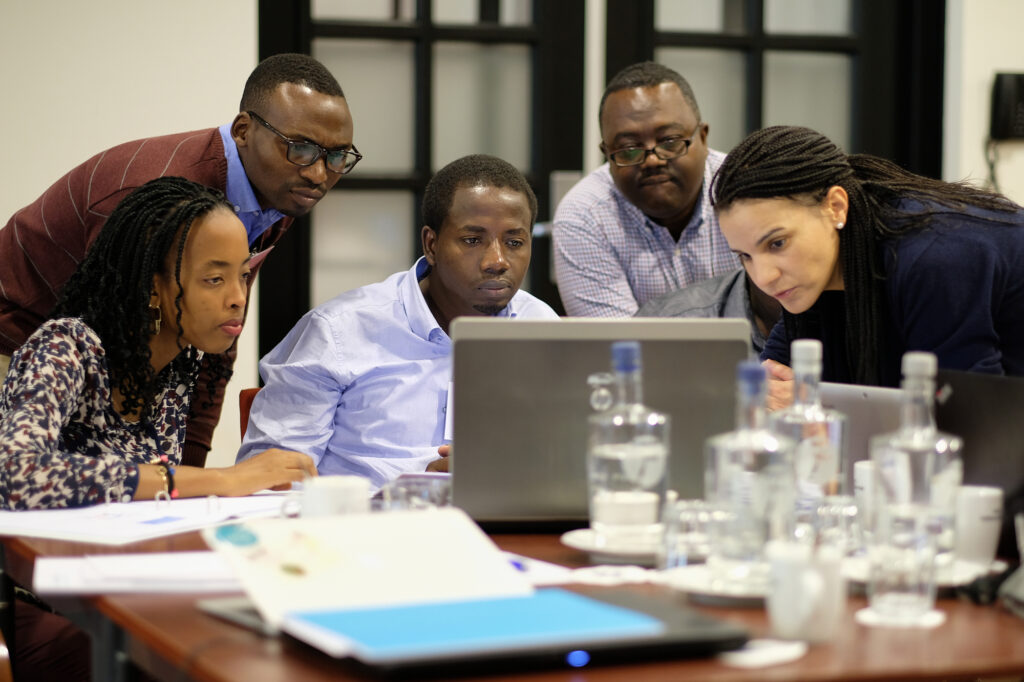Data-driven implementation of behaviour change in Antimicrobial Stewardship in Low- and Middle-Income Countries (drive-AMS LMICs)
Context
The burden of infectious diseases and spread of antimicrobial resistance (AMR) affects Low-and Middle-Income Countries (LMICs) more severely, with the African region having the highest death rate attributable to AMR.
Problem
Despite limited resources, most LMICs are trying to address AMR in the health sector through evidence-based strategies such as setting up of antimicrobial stewardship programmes (ASP). In existing training programmes, a lot of emphasis is placed on the ‘WHAT’ of AMS, and little attention is generally paid to the ‘HOW’ within an ASP: HOW to make sure that professionals comply to the ‘WHAT’ recommendations.
This usually requires a behaviour change approach, including understanding the determinants of antibiotic use, practical skills on how to implement AMS interventions and sustainably act upon these in an institutionalised way.
There is an identified growing need for ASP implementation-oriented support for AMS programmes for LMICs.
Addressing AMR requires use of implementation science and innovative models of behaviour change. Our proven approaches to support national capacities focus not just on teaching how, but more importantly, on providing expert support for implementation on the ground.”
Programme leads Dr Heiman Wertheim and Dr Jeroen Schouten, Radboudumc
Project summary
The overall aim of the drive-AMS LMICs project is to ensure sustainable and long-term capacity in LMICs for Antimicrobial Stewardship in human health with a One Health perspective and applicability.
The AMS masterclass & SPICE expert consultancy (drive-AMS) is an implementation programme with expert consultancy support through the Specialized Programme on Infectious Disease Care Everywhere (SPICE) expert registry. The goal of drive-AMS LMICs is to guide professionals and policy makers through the process of developing and implementing a successful ASP in their hospital, healthcare system, region, or country.
Drive-AMS LMICs combines knowledge transfer and implementation into one programme to enhance the impact of data-driven training and sustainable AMS implementation, through:
- understanding AMS principles (BASICS, the WHAT);
- delivering 4-day AMS implementation masterclass on the HOW of AMS, and developing AMS intervention;
- providing 6-month post-course expert support (through the SPICE registry) for implementation.
The programme will be adapted to different LMIC contexts, together with experts from recipient countries.
“This course opened my eyes, especially in the estimation of the complexity and the amount of work and patience needed for the AMR problem and the implementation of an AMS team and interventions.”
Course participant
Outcomes
This project aims to provide sustainable solutions through the following outcomes:
- Providing training and teaching tools adapted to LMIC contexts, transposing best practices from resource-rich to resource-constrained settings for AMS;
- Building sustainable in-country capacity for delivery of contextualised courses in AMS, that are accredited, of high quality and affordable for the national economy and circumstances;
- Ensuring structured and cost-effective expert support for implementation of AMS by building a registry of existing experts in the country and region in specific areas of AMS (SPICE LMICs registry).
Results
- The first regional course was held in Moshi, Tanzania, 8-11 November 2023.
- 39 participants from 10 hospital teams:
- 5 teams from Tanzania,
- 2 teams from Rwanda
- 1 team from Uganda
- 2 teams from Zimbabwe
- During the course the teams were trained on the principles to implement a context-specific antimicrobial stewardship program, and they got the opportunity to design a small-scale quality improvement AMS program in their hospitals with feedback from the faculty.
Facts
Region: Africa
Sector: Humans
Country: Cross-country
Type: Supporting activity
Funding partners: Radboudumc, Nijmegen, the Netherlands (150,000 USD)
Timescale: 1st January 2023 – 31st December 2025
ICARS funding: 300,000 USD
ICARS Science Team
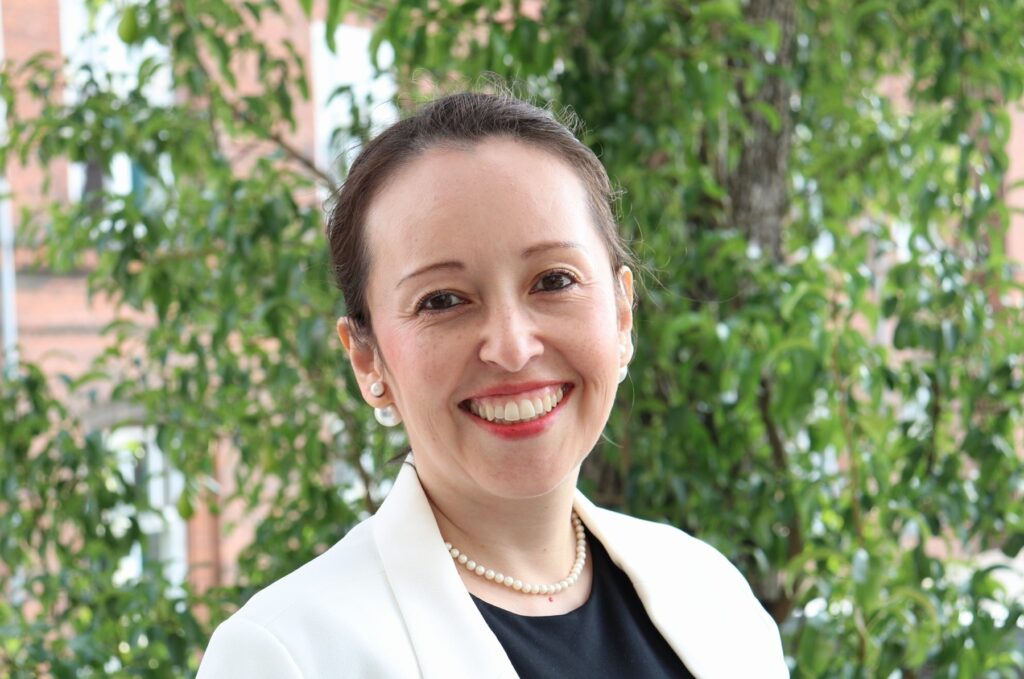
Resources
Share
Share this project on socials
Featured projects

Optimisation of antimicrobial use in BSIs and UTIs in various health sector settings in Zambia
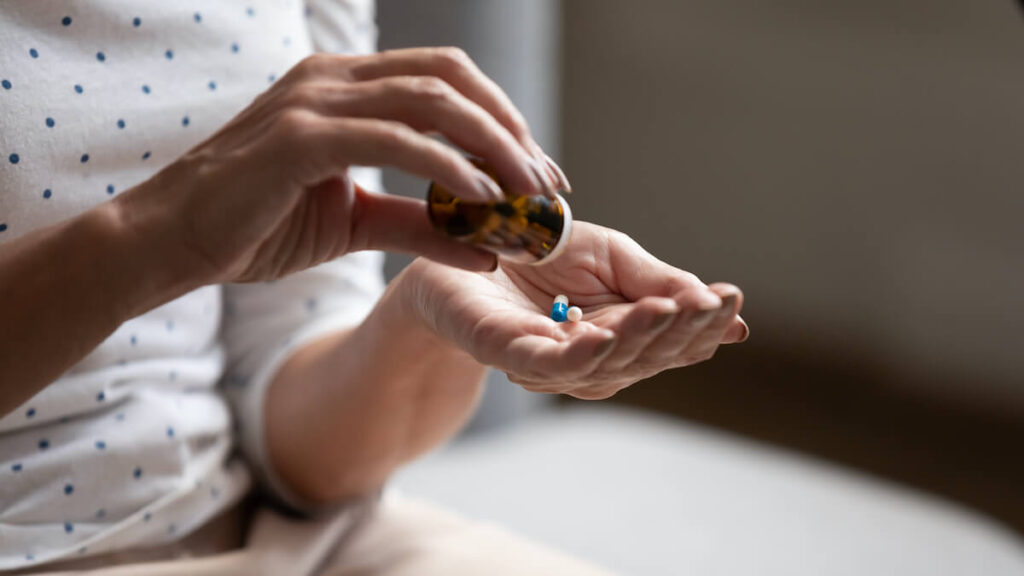
Optimising use of antibiotics for Surgical Antibiotic Prophylaxis (SAP)
